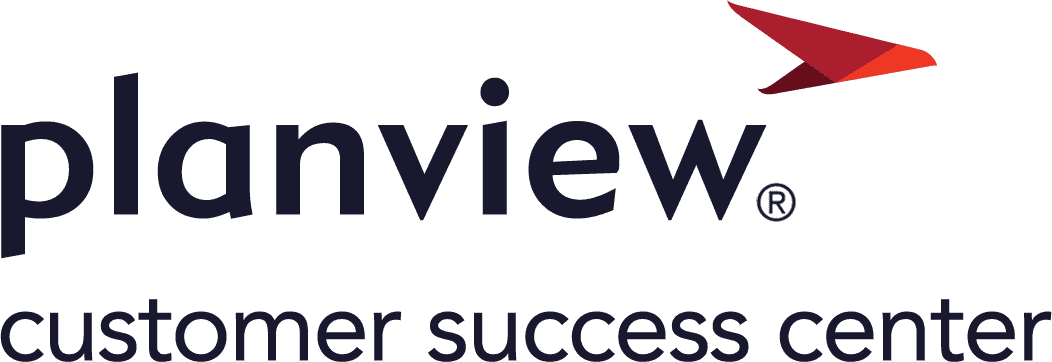Introduction to Logbook
Introduction
Logbook is a shared capability within the Planview Platform that provides the ability to efficiently create and manage various types of logs, such as changes, risks, issues, lessons learned, assumptions, decisions and much more. It is a centralized repository that offers customizable configurations and ensures a seamless user experience across all Planview Platform products.
Setting up and working with Logbook
NOTE
Logbook is available only for users that have been added to Planview Admin. External users that are invited to a workspace in ProjectPlace will not have access to Logbook.
For information about setting up Logbook, see Getting started with Logbook.
For information on how to use Logbook, see Working with Logbook.
Logbook items created for work are visible in both Portfolios and ProjectPlace when a project is synchronized. This improves the overall connected work experience and avoids duplication of logs.
Logbook in a Workspace template
You can also enable Logbook in a workspace template, so that any new workspaces based on the template will have Logbook enabled by default. See the Create and Edit Workspace Templates article for more information.
Creating reports based on Logbook data
The information for creating reports based on ProjectPlace data is in this article. You can use the Logbook OData service to create reports using PowerBI. To set up Reporting and authentication via Odata see this article.
You can download the PowerBI templates from the Labs Workspace. Below are the links to download the templates:
Logbook OData service Entities:
- Assignees
- Associations
- CustomAttributes
- CustomAttributesConfigs
- LogItems
- LogContainers
- LogTypeCategories
- LogTypes
- LogStatus

